Frontier Markets Weekly, December 10th 2023
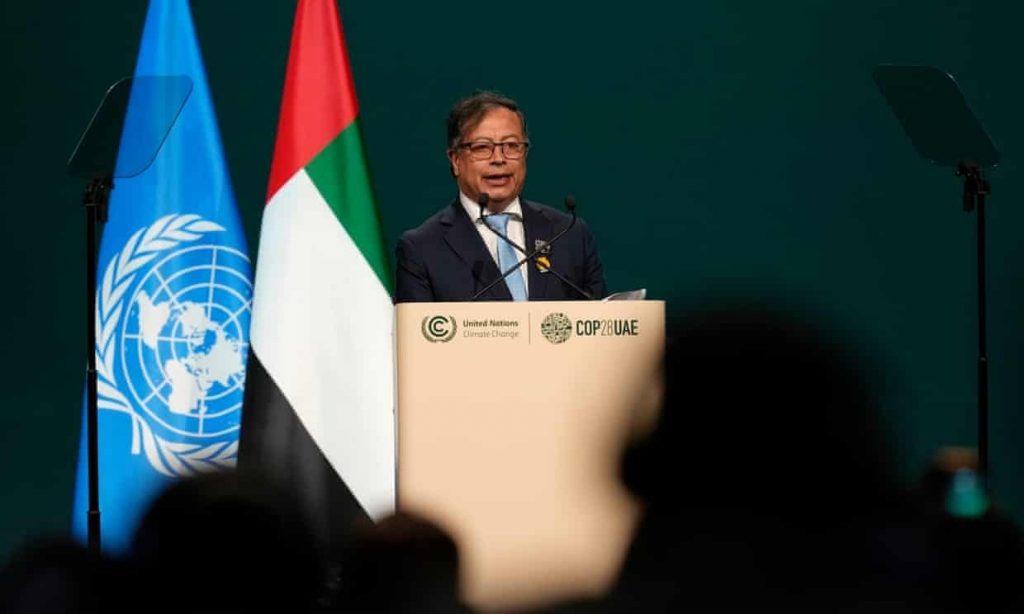
Welcome to the latest edition of Frontier Markets News. As always, we would love to hear from you at hello@frontiermarkets.co with news ideas, feedback and anything else you find interesting.
Sent this by a friend? Sign up here to receive FMN in your inbox every weekend.
By Ken Stibler, Noah Berman and Nojan Rostami. Executive editor: Dan Keeler
Africa
Africa wins hundreds of millions in pledges at UN climate conference
Regional and global development banks joined forces with bilateral lenders at the COP28 climate conference in Dubai this week to pledge hundreds of millions in investments to Africa.
In one of the larger deals, the African Development Bank, Arab Bank for Economic Development in Africa, France, Germany and Japan together pledged more than $175 million to a green infrastructure initiative for the continent. The pledge will contribute to a $500 million fund of blended capital that finances infrastructure projects with a climate bent, African Business reports. The alliance aims to raise $10 billion in private capital to fund additional projects.
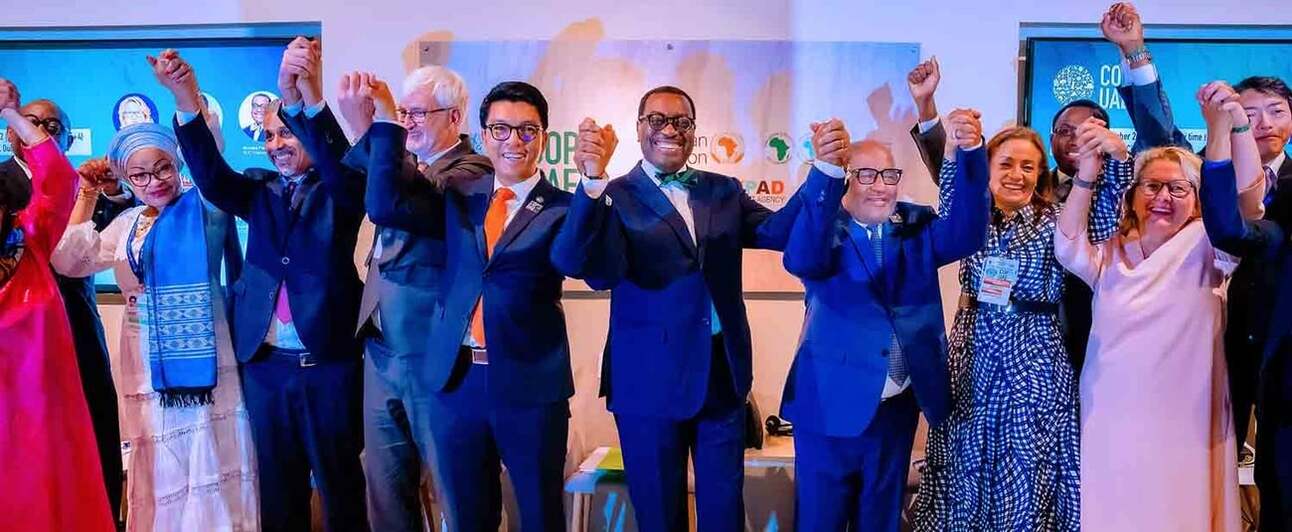
Other initiatives funded at COP this week include a sustainable agriculture scheme in Rwanda, an electric bus system in Kenya and pledges to continental sustainable energy and climate action programs. The African Development Bank also presented a $1 billion facility to provide climate risk insurance that protects against severe weather events.
Kenya becomes latest country to send workers to Israel
Kenya will send 1,500 farmworkers to Israel, the Kenyan labor ministry announced on Thursday.
Workers will earn a guaranteed monthly income of $1,500, three times higher than Kenya’s average monthly wage. The workers will fill a labor shortage on Israeli farms after thousands of Thai workers fled the country and 360,000 Israeli reservists were called up to fight in the war in Gaza.

Israel has also barred Palestinians, who before the war in Gaza made up 20% of Israel’s agricultural force, from working on farms. Israel now needs 30,000 to 40,000 farmworkers, the country’s agricultural ministry told CNN.
Malawi and Sri Lanka previously announced that they will send laborers to Israel. Tanzania and Uganda are reportedly the next countries from which Israel will attempt to recruit workers, BBC reports.
Asia
Sri Lanka to receive $600 million in ADB funding
The Asian Development Bank will lend Sri Lanka about $600 million after the IMF approves the second tranche of its $2.9 billion loan program with the county, an ADB official said on Tuesday.
The majority of the ADB funds will be earmarked for reforms to the banking, power, water, and tourism sectors. About $100 million will support access to financing for small- and medium-sized businesses, and an additional $100 million will support public finance and debt management efforts. IMF approval of the $334 million tranche is expected next week.
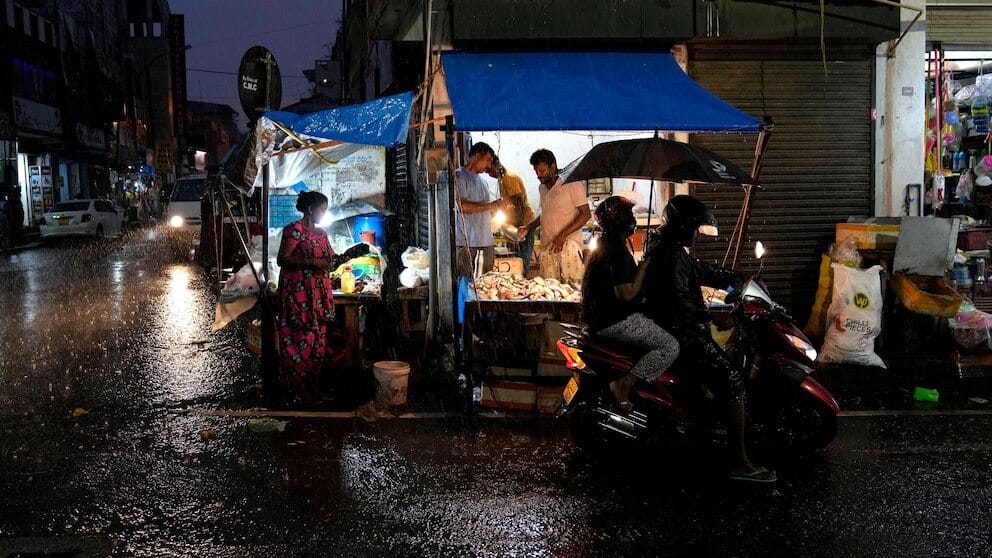
Sri Lanka’s economy is gradually recovering from its worst ever crisis last year with the help of international financial institutions. An ADB official told Reuters that the development bank anticipates providing $500 to $600 million in budget support for Sri Lanka in 2024, with $2 billion in such support likely over the next four years.
Indonesia announces visa-free travel for 20 countries
Indonesia is considering a plan to grant visa-free entry to visitors from 20 countries in a bid to boost its economy and tourism.
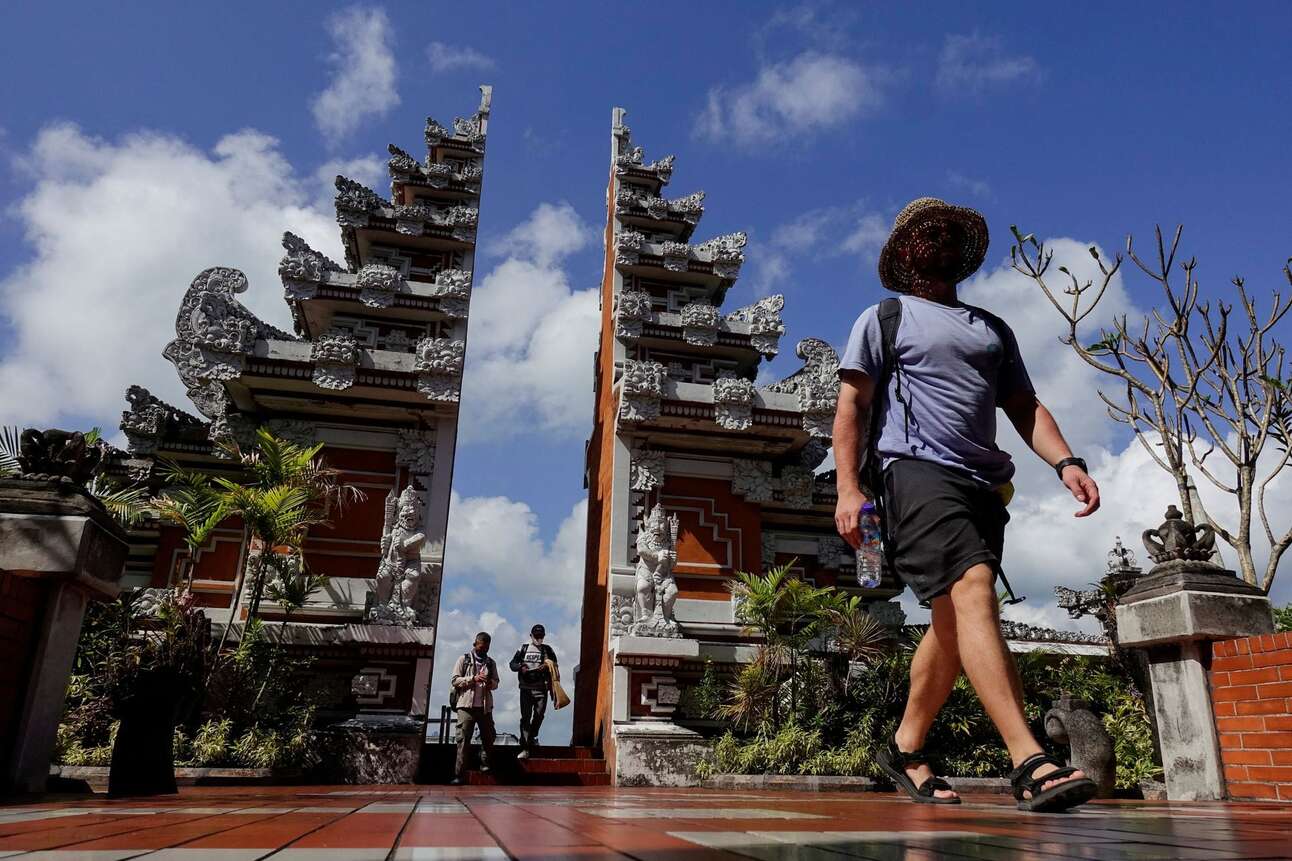
The plan includes the US, China, India, with the final list of countries to be finalized within one month, Reuters reports. Tourism in Indonesia still lags behind prepandemic levels, with almost 10 million fewer foreign visitors in 2022 than 2019, when the country recorded 16 million foreign arrivals.
Indonesia would become the largest economy in Southeast Asia to waive visas for China, from where one-fifth of prepandemic tourists to Indonesia arrived, according to the state-owned Industrial and Commercial Bank of China. On Thursday, Singapore announced a 30-day visa exemption for China. Thailandand Malaysia grant visa exemptions for both China and India.
Nvidia looks to Southeast Asia for chips future
Semiconductor manufacturer Nvidia could soon explore partnerships with Vietnam and Malaysia, potentially broadening the supply chain of hardware used to power critical technologies.
Nvidia will discuss cooperation deals with Vietnamese authorities and technology companies next week, Reuters reports. Vietnam already has several large semiconductor manufacturing factories, including Intel’s largest globally. Meanwhile, Nvidia CEO Jensen Huang said on Friday that Malaysia could become a hub for artificial intelligence manufacturing, AP reports.
The two Asian nations could be poised to benefit from increasing trade tensions between the US and China as they race for AI supremacy. Nvidia is estimated to have more than 70% of the market share for the chips used to power artificial intelligence, the New York Times reports. The US has placed several restrictions on chip exports to China.
Did someone forward this to you? Subscribe at FrontierMarkets.co
Middle East
Putin visits Saudi Arabia and UAE on rare foreign trip
As tens of thousands of climate activists and policymakers gathered in Dubai for COP28 Russian President Vladimir Putin visited the UAE and Saudi Arabia with a large delegation for talks on trade, investment, energy, and “achiev[ing] stability in the Middle East,” the FT reports. The Russian leader was able to visit the two nations despite being indicted for war crimes by the International Criminal Court because neither country is a member of the ICC.
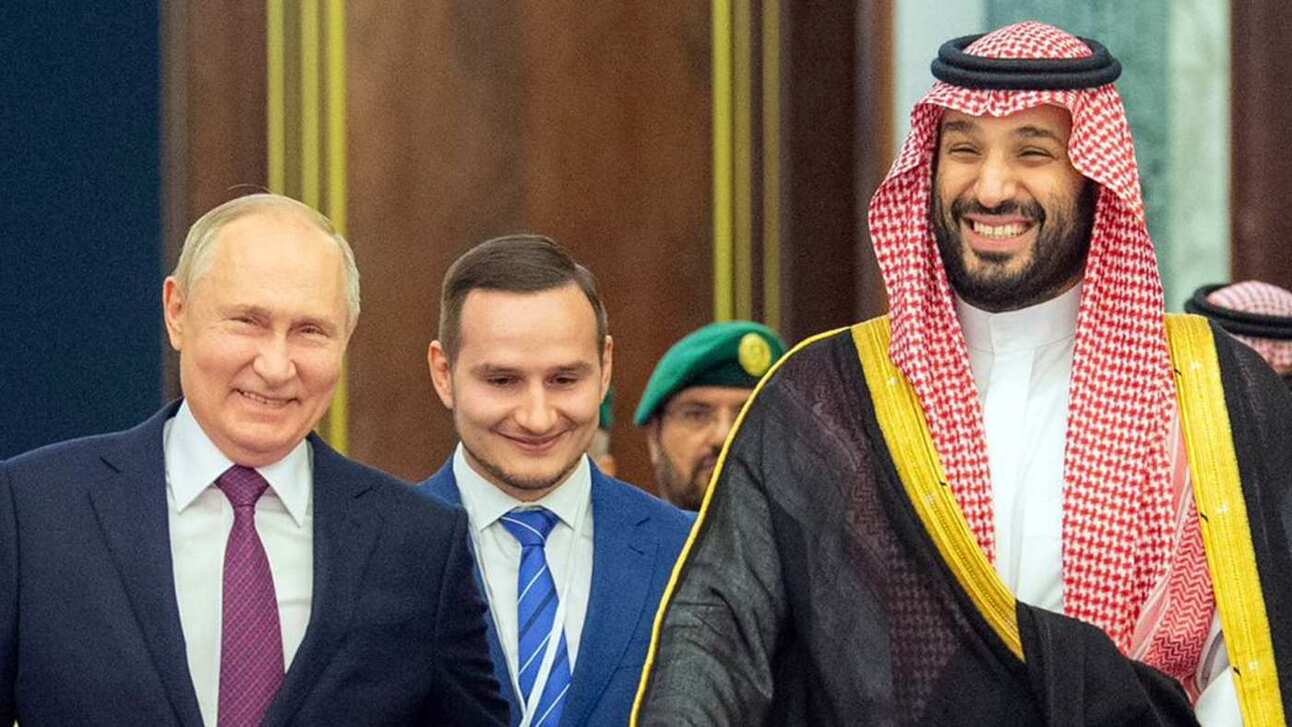
After Putin’s return to Russia the Kremlin and Saudi Arabia called on OPEC+ members to cooperate on cutting production to boost oil prices. Briefly touching on the war against Ukraine, the joint statement “expressed appreciation” to Crown Prince Mohammed bin Salman for his “humanitarian and political efforts.”
Among delegates at COP28 the visit to the UAE was widely viewed as a calculated snub by both Putin and the host country. The visit also caused consternation in the US, which has been coordinating sanctions designed to isolate and contain Russia, and other Western nations. Indeed the FT now reports that Saudi Arabia shelved plans for a UK visit last week, when he was receiving President Putin in Riyadh, raising questions in the UK about its relationship with Saudi Arabia.
Putin’s flight to Riyadh and Abu Dhabi was reportedly escorted by four Russian fighter jets.
Saudi Arabia announces delays to Vision 2030 projects
Saudi Arabia this week announced for the first time that some of its ambitious Vision 2030 projects have been delayed, with finance minister Mohammed Al Jadaan citing a need to “build capacity and avert huge inflationary pressures and supply bottlenecks.” The government didn’t specify which projects would be delayed but it maintains that the “delay, or rather an extension” would benefit the economy in the long run.
While some projects in progress are delayed, some are reportedly being accelerated, and others are being wholly pushed back until after 2030. The Crown Prince Mohammed bin Salman is reportedly chairing a committee reviewing project timelines.
Saudi Arabia also appears to be facing resistance in its move to push international companies to set up their regional HQs there. The government has announced new tax incentives for companies based in the kingdom to relocate
Europe
Azerbaijan tapped to host COP29 climate conference
After a protracted delay, Azerbaijan was named this week as the host of next year’s annual UN climate-change conference. The decision has caused consternation among climate campaigners as fossil-fuel products represent some 90% of Azerbaijan’s exports, according to the US international trade administration
The decision continues a surprising trend of the world’s most important climate-change conferences’ being hosted by significant fossil-fuel exporters. In 2021, the delayed COP26 took place in Scotland. The following year Egypt, whose oil and gas sector represents around a sixth of the country’s GDP, hosted COP27 and this year’s climate extravaganza is taking place in UAE, which is using the astonishing wealth generated by its oil and gas exports to wow climate-focused delegates and activists.
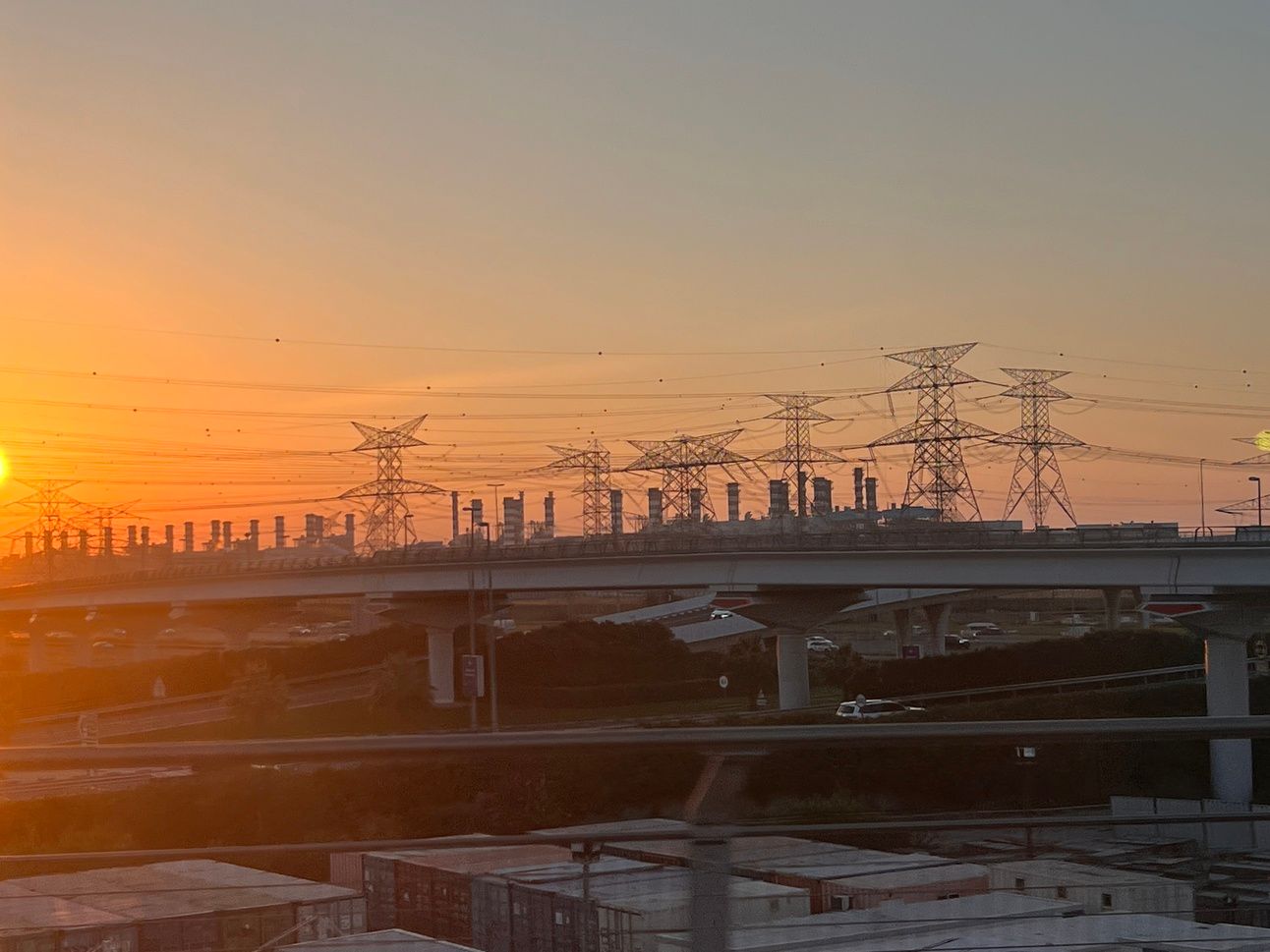
Azerbaijan won the right to host COP29 almost by default, according to the Guardian. Under UN rules set up to ensure balanced global representation at the conference, Europe should host next year’s event. But Russia vetoed any EU country hosting it and Azerbaijan effectively became the only option among Eastern European nations after Armenia and Bulgaria withdrew their bids this week.
Poland’s Tusk hits roadblock in attempt to wrest policy control from PiS
Poland’s central bank has sought help from the European Central Bank to resist calls from incoming Prime Minister Donald Tusk to remove its governor, Adam Glapiński, citing concerns that such actions would compromise its independence. This appeal could embroil EU institutions in Poland’s internal power transition, the FT reports.
Tusk accuses Glapiński of favoring the outgoing rightwing government and seeks an investigation, prompting the National Bank of Poland (NBP) to approach the ECB, warning that ousting Glapiński might set a precedent affecting the independence of all European monetary policymakers.
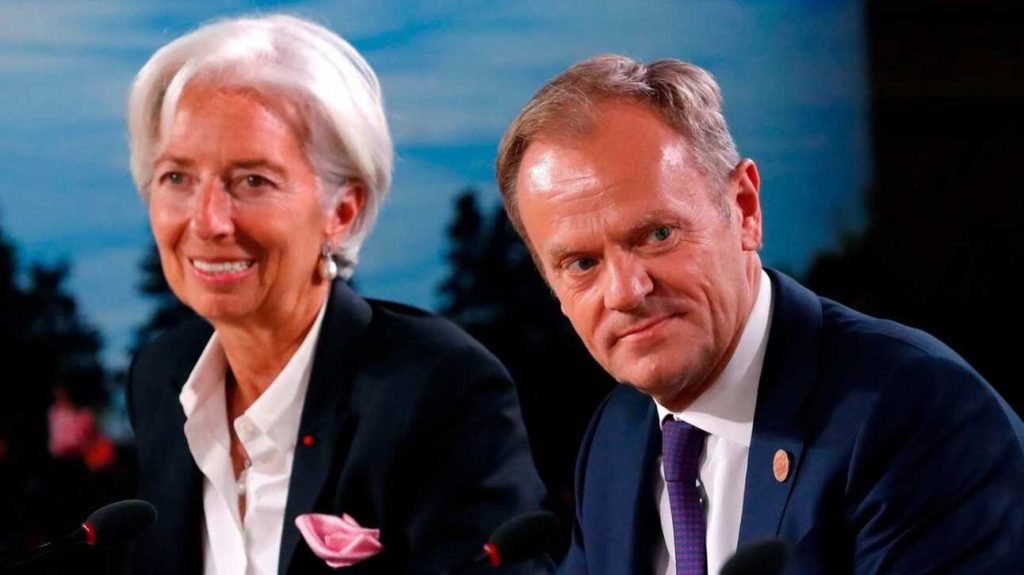
The ECB, in response to the NBP’s plea, expressed concern over any measure affecting Glapiński’s ability to perform his duties. Tusk’s move to challenge Glapiński contrasts with the previous government’s criticism of EU institutions, emphasizing Poland’s complicated relationship with the bloc.
The situation highlights the challenges faced by Tusk as he attempts to remove loyalists of the current PiS government—including Glapiński—from key positions.
Latin America
Regional development banks plan $10 billion in infrastructure investments
In a landmark move for South American integration, the Inter-American Development Bank, Development Bank of Latin American, the Caribbean Development Bank, and Río de la Plata Basin Financial Development Fund have pledged $10 billion for infrastructure projects. Announced during a meeting of Mercosur trade bloc leaders in Rio de Janeiro, the “Routes for South American Integration” initiative aims to enhance connectivity across the continent, the AP reports.
The funds will support more than 120 projects, spanning port, airport, road, rail and power transmission developments. The integration plan includes routes connecting northern Brazilian states to Guyana, French Guyana, Surinameand Venezuela, as well as river links to Colombia, Peru and Ecuador.
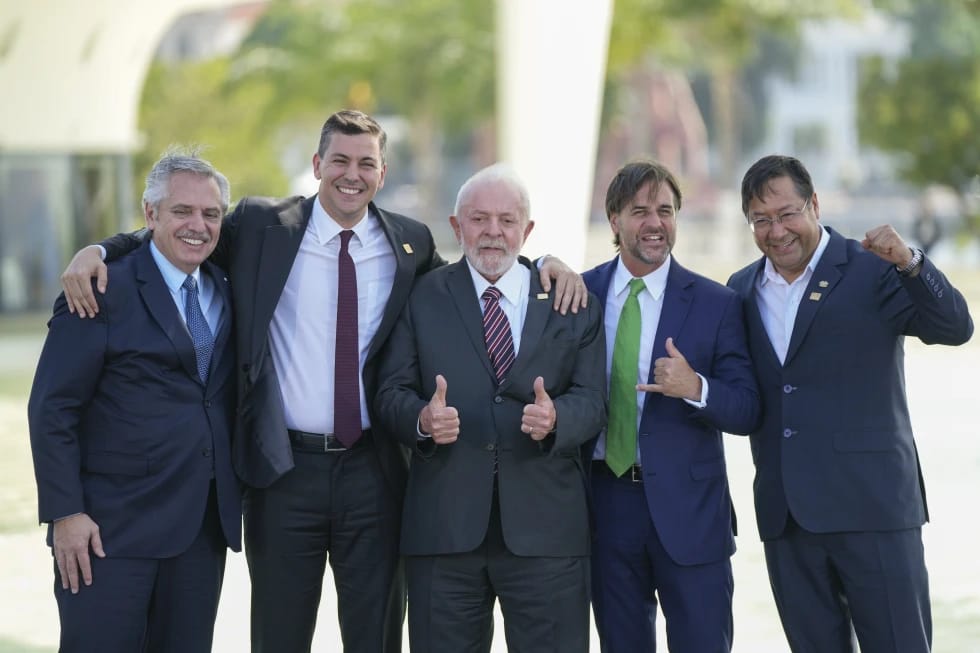
The initiative seeks to significantly reduce transportation time between Brazil and Asia, with a focus on matured regional cooperation that has undergone extensive dialogue among leaders. Despite past failures, Brazil’s planning minister Simone Tebet expressed confidence in the project’s success, emphasizing its newfound maturity and the collaborative efforts of Mercosur members to make the vision a reality.
Maduro’s bluster raises prospect of US snapback sanctions
Venezuelan leader Nicolás Maduro raised tensions with neighboring Guyanathis week after ordering state-owned companies to “immediately” explore and exploit the oil, gas and mines in Guyana’s Essequibo region. In a fiery speech that many analysts view as more rhetoric than risk, Maduro ordered the creation of a special military unit for the territory and proposed a law to ban companies that operate with Guyanese concessions from any transaction with Venezuela.
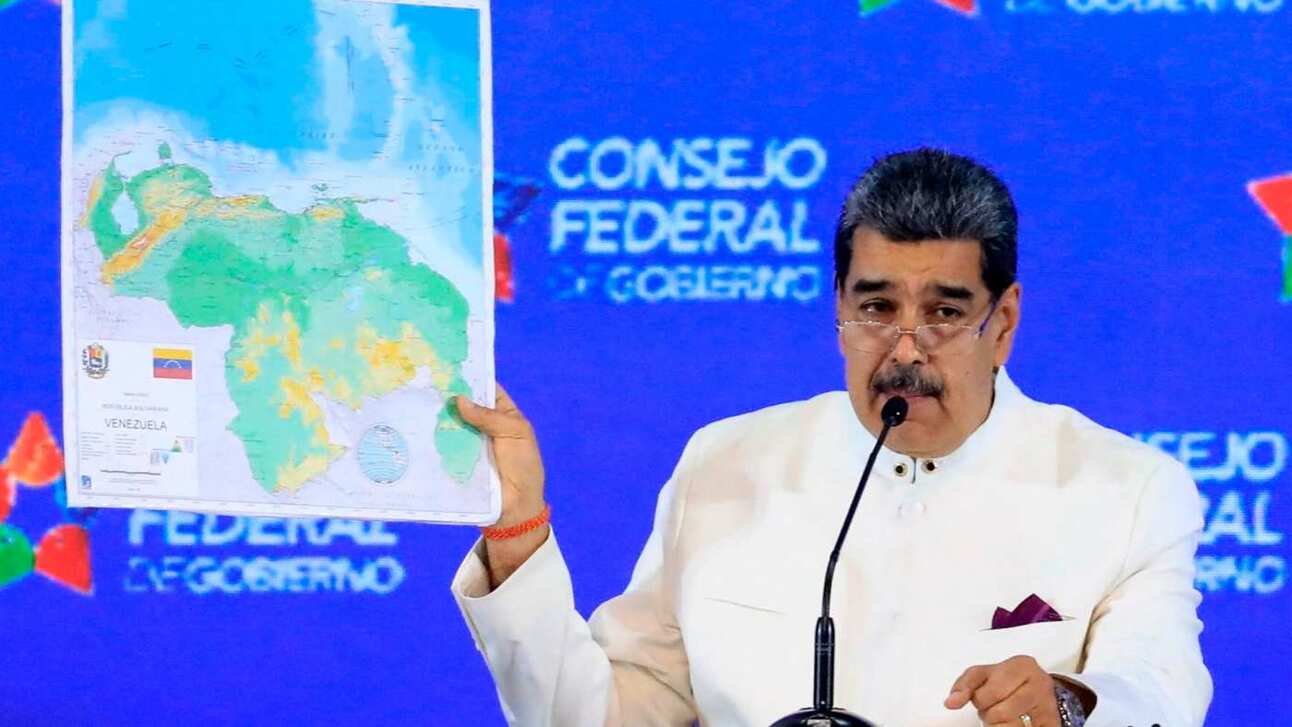
In response, the US on Thursday announced joint military drills in Guyana.
- Turnout low as Venezuelan voters back Maduro’s claim to Guyana’s territory (NY Times)
Also this week, Maduro’s attorney general ordered the arrest of a dozen opposition members, including former National Assembly leader Juan Guaidó and three staffers of presidential candidate Maria Corina Machado for ‘undermining the Guyana referendum.’ While the move is more symbolic than practical, it sets up a direct confrontation with the Biden administration, which has conditioned sanctions relief on opening up the 2024 presidential race to the opposition.
Latam energy producers promote green investment while taking ambiguous stance on fossil fuels
On the sidelines of COP28 this week, development finance institutions and private financiers made the extent of their commitment to Latin America clear. Beyond 2023’s runup of green bond issuances, $2 billion in new funding was announced by the Development Bank of Latin America (CAF) and alongside IFC’s announcement of a 50% increase in climate finance across the region.
With large lithium reserves, steady supplies of hydropower in major economies like Brazil, and explicit commitments to the fight against climate change, the region looks strongly in the green camp during a week where large global oil producers expressed their commitment to oil as ‘part of the long-term energy mix.’ Colombia also became the second major oil producer to join an alliance of nations calling for a fossil fuel non-proliferation treaty.

Despite the public commitments though, the presumptive COP30 host Brazil entered the conference coming off a massive $102 billion investment drive through the state-owned oil company Petrobras that positions Brazil to be one of top oil producers globally.
Meanwhile, Colombia’s state oil company Ecopetrol had announced over $6 billion in oil exploration and production investments for 2024, highlighting the continued importance of energy revenues to the Colombian state. The plan includes 360 development wells and 15 exploratory ones, operations vice-president Alberto Consuegra said in a video.
What we’re reading
The looming land grab in Africa for carbon credits (FT)
EU carbon tax ‘could cost Africa $25b’ (Bloomberg)
Ethiopia’s call for foreign investment in its banking sector comes with strings (Semafor)
Gas found in Zimbabwe by Australian energy group Invictus (FT)
With Wagner in disarray, a Russian diplomat with spy links surfaces in the Central African Republic (Radio Free Europe)
Italian oil giant Eni set to invest $10b in Côte d’Ivoire (The Africa Report)
Cocoa rally fuels bean theft, soaring rents in Cameroon, Nigeria (Bloomberg)
Ghana: Declining oil production raises concerns for sector’s future (The Africa Report)
Last remaining members of G5 Sahel move to dissolve the anti-jihadist alliance (France24)
Why South Africa’s plan for universal health care stirs opposition (Bloomberg)
Attack on Pakistan highway to China shakes key Belt and Road link (Nikkei)
TotalEnergies and Kazakhstan sign agreement to develop $1.4b wind farm (Hart Energy)
Cambodia’s draft data protection law fans fears of government abuse (Nikkei)
Thailand PM Srettha Thavisin faces hard sell with $14b stimulus handout (FT)
Malaysia plans new wage scheme for low-income workers (Nikkei)
Export-Import Bank of Korea provides $170m for Oman solar power project (Business Korea)
Saudi Arabia urges US restraint as Houthis attack ships in Red Sea (Reuters)
Asia’s first Saudi Arabia ETF lists on Hong Kong stock exchange (FT)
UAE’s top AI group vows to phase out Chinese hardware to appease US (FT)
World Food Programme cuts assistance in northwest Syria and north Yemen amid funding shortage (Al Jazeera and Reuters)
Kuwait’s Emir Sheikh Nawaf al-Ahmad al-Jaber al-Sabah admitted to hospital for emergency health issue (Al Jazeera)
Romanian president announces 8GWp of PV parks, nuclear ambitions (Romania Insider)
Hungary’s Orbán pushes EU to the brink over Ukraine (Politico)
Ukraine’s Zelenskiy thanks Japan for aid pledge (Radio Free Europe)
Republicans block Ukraine aid bill, putting new pressure on border talks (WSJ)
China–Russia trade tops $200bn a year ahead of schedule (Nikkei)
Turkey’s Erdoğan demands US F-16 jets for approval of Sweden NATO bid (FT)
Foreign investors tiptoe back in to Turkey’s domestic bond market (FT)
Milei backpedals after Argentina election win (WSJ)
Investors bet on 44% Argentine peso devaluation after Milei’s debut (Bloomberg)
Opinion: Will Paraguay capitalize on its ‘breakout moment’? (Global Americas)
Peru’s deadly gold mine attack highlights growing security risks (Reuters)
EU and Mercosur give up on clinching trade pact next week (Politico)




